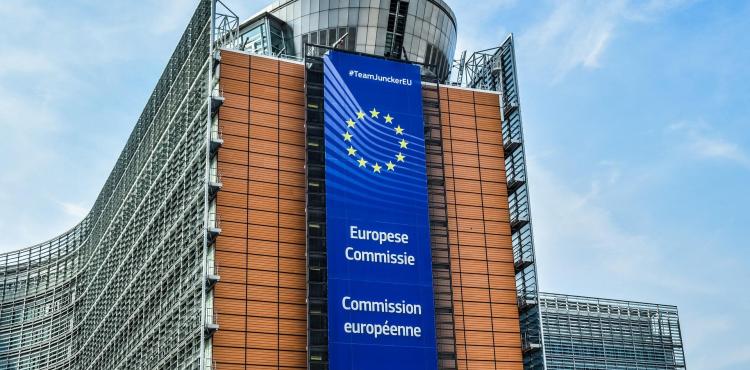
More transparency and less bureaucracy for cross-border companies operating in the European Union. The European Commission has adopted a proposal for a directive to facilitate companies and to extend the use of digital tools and processes in the EU company law. The objective is to facilitate cross-border business transactions and increase transparency and trust in the company environment by making more information on companies available to the public at EU level. The directive will also reduce bureaucracy for cross-border businesses, saving about €437 million a year in administrative burdens thanks to an EU company certificate or the application of the "one-off" principle. The proposal will contribute to the further digitisation of the single market and will help businesses, particularly small and medium-sized ones, to operate in the EU.
Reduction of bureaucracy and administrative burden
In order to reduce bureaucracy and lighten the administrative burden for cross-border businesses, the proposed rules include the following:
- the application of the "one time, last time" principle, so that companies do not have to re-submit information when they establish a branch or a company in another Member State. Relevant information may be exchanged through the Business Registers Interconnection System (BRIS);
- an EU company certificate, containing a basic set of company information, available free of charge in all EU languages;
- a multilingual standard model for an EU digital proxy authorising a person to represent the company in another Member State;
- the elimination of formalities such as the need for a footnote or certified translations for corporate documents.
Increased transparency and confidence in cross-border businesses
The proposal updates the existing EU rules for companies (EU Directive 2017/1132) to further adapt them to digital developments and new challenges, and to stimulate growth and competitiveness in the single market.
In order to ensure greater transparency and confidence in companies, the proposed rules aim to:
- ensure that important information about companies is made public, in particular at EU level, through BRIS;
- facilitate the search for information on companies in the EU by allowing the consultation of BRIS and, at the same time, two other systems that interconnect the registers of beneficial owners and bankruptcy registers;
- ensure that the data in the business registers are accurate, reliable and up-to-date, for example by providing for checks of the information on companies before they are registered in all Member States.